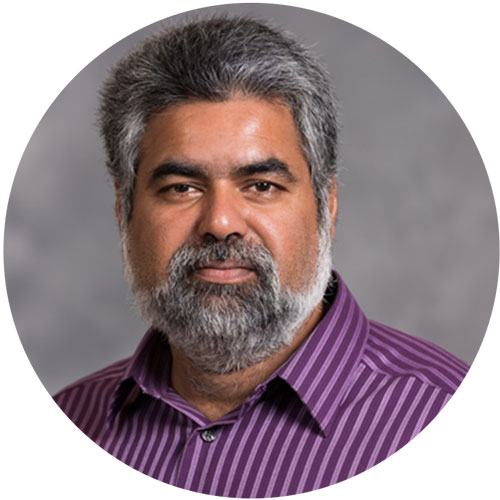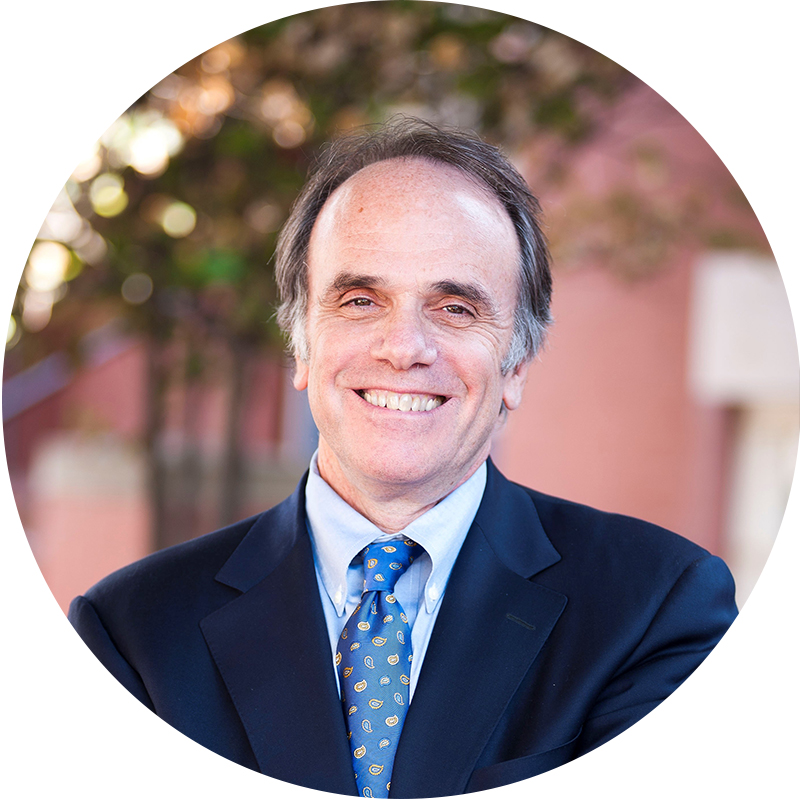Gaurav Desai contributes to our "Interdisciplinarity Now" series by reflecting on his experiences on the selection panel of the Council’s largest fellowship competition, the International Dissertation Research Fellowship (IDRF) Program. Desai highlights a number of elements that make a research project interdisciplinary—drawing on the conceptual frameworks and methods of multiple disciplines (especially those fields not immediately proximate to one’s home discipline) and framing the research in ways that would resonate across a range of fields and approaches.


















